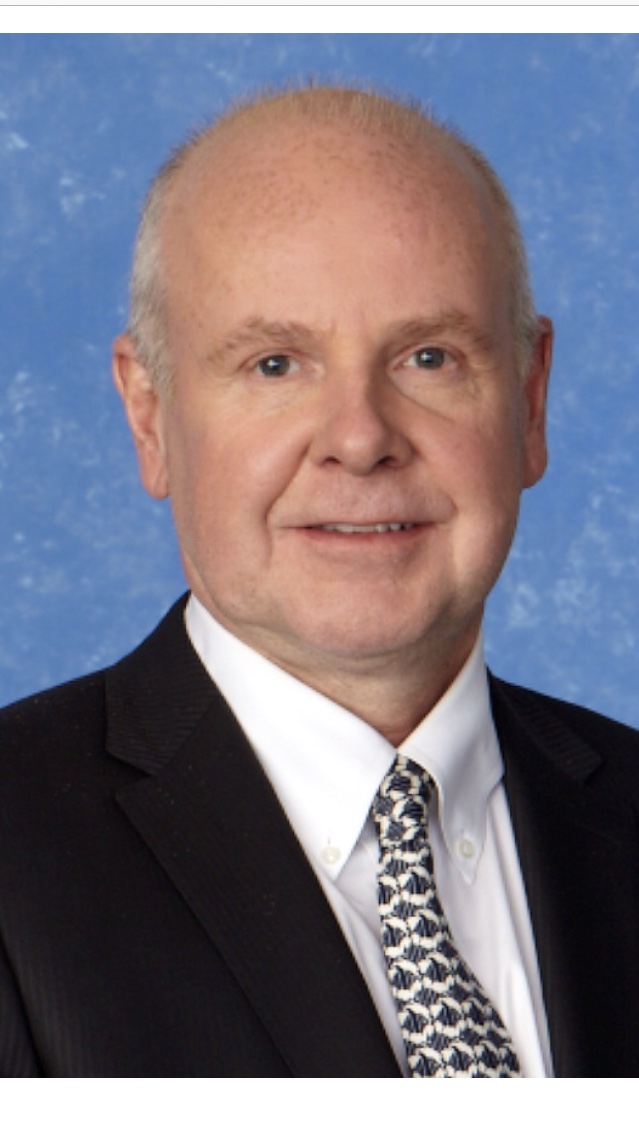
The Investment Company Act of 1940 has been the gold standard of mutual fund regulation globally since its inception. Since enacting the UCITS brand in the mid-1980s, European and other foreign regulators have been playing catch-up. All that has changed since the most recent financial crisis.
Over the past several years, there has been an onslaught of regulation coming out of Europe, and it has had a contagion effect on the U.S. consumer. Perhaps you’ve gotten a smattering of data privacy notices from your online service providers. Most people don’t realize that the European Union’s General Data Protection Regulation, or GDPR, requires these notices, rather than any U.S. mandate. The lack of compliance to GDPR carries some fairly hefty fines, and most companies, including asset management firms, are too globally connected to parse out E.U. activities. Therefore, this has turned into a global initiative.
Another more visible E.U. directive has found its way to mutual fund boardrooms sponsored by global asset managers. The Markets in Financial Instruments Directive, or MiFID II, requires investment managers that pay broker-dealers brokerage commissions in exchange for research to separate, or “unbundle,” payments for execution and research. (See “Trade Allocation in the Age of MiFID II: A Primer for Fund Directors,” by Jay Baris from November 2017). The payment for this research can be facilitated in two ways. Firms can set up “research payment accounts” (RPAs) and allow their underlying clients to fund these accounts, or they can pay for this research out of their own profits. The majority of European asset managers have opted for the latter.
Although U.S. asset managers may rely on the soft dollar “safe harbor” provision provided by Section 28(e) of the Securities Exchange Act of 1934, the pressure by global institutional buyers has created—and will continue to create—pressure on global asset managers to enact a policy that all research should be paid out of firms’ pockets. Additionally, there has been a growing influence by global consultants acting on behalf of institutions and distributors to harmonize asset managers’ global stance on research payments. Irrespective of the U.S. safe harbor, this will pressure U.S. investment managers to discontinue the usage of soft dollars. Of course, if global asset managers discontinue this practice, smaller, less globally connected managers will succumb to the pressure and follow suit.
The implications of this presumed “domino effect” will have 15(c) implications. One factor in approving advisory contracts is the profitability (or viability) of the asset manager. The “hard payment” of previously paid soft dollars can have a troubling effect on an asset management firm’s bottom line. Fee pressure has been a theme in the fund industry for some time. Paying hard dollars for research just adds fuel to the fire.
The United States is the model for global fund governance. Most mutual fund boards comprise of a majority of independent members. Most offshore fund jurisdictions don’t require independent board members. This will change in the upcoming years. Several regulators have introduced legislation to add independent board members, although it seems that majority independent boards are a long way off.
Several regulators, however, have turned to holding senior fund personnel accountable for their actions. There is a recognition that governance begins with members of fund management. The United Kingdom’s Senior Managers and Certification Regime requires having named senior managers responsible for every management function. Similar regulation has been enacted by both Irish and Hong Kong regulators. Holding senior fund officers accountable is akin to the provisions of Sarbanes-Oxley, which requires the CEO and CFO of public companies to certify the firm’s financial statements. It is difficult to assess whether this expanded requirement will ever hit the U.S. shore, since the U.S. approach to governance is quite different.
Finally, the European Union also has expanded required language regarding fees and market risk. I believe these rules bring Europe in line with U.S. practices. There are two areas that continue to be debated. The European watchdog, ESMA, is currently debating what to do with “closet tracking” funds, or those funds that “hug” their respective benchmark, but charge high fees. Fund personnel remuneration is another ongoing debate. CRD (Capital Requirements Directive) IV includes a cap on bonuses for various financial industry personnel. The application of this rule to fund managers is unclear.
Although the current U.S. administration is rolling back certain regulations, it will be interesting to see how competitive pressures play out in the mutual fund industry. Since most large U.S. fund managers operate at a global level, specific local regulations may factor less than competitive pressures brought on by institutional buyers and distributors.
Julian Sluyters has worked in various capacities in the U.S. mutual fund industry for more than 35 years. He most recently served as Global COO at PineBridge Investments, and previously was U.S. COO at Allianz Global Investors, and CEO and president at Old Mutual Capital, DWS funds, and UBS Global Fund Services.
